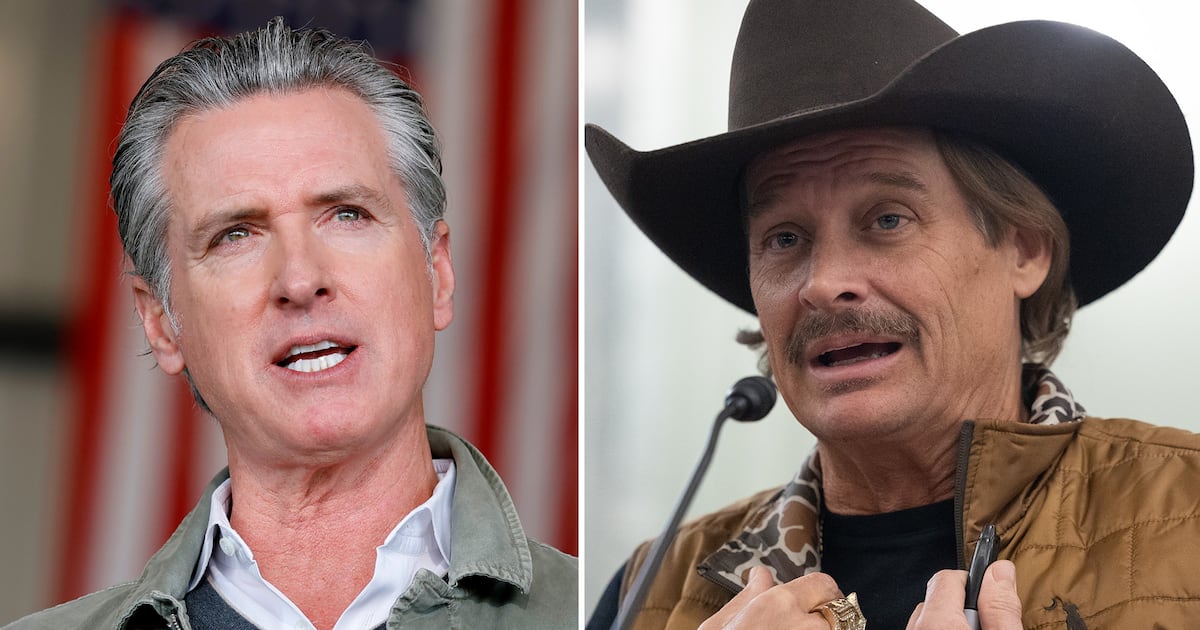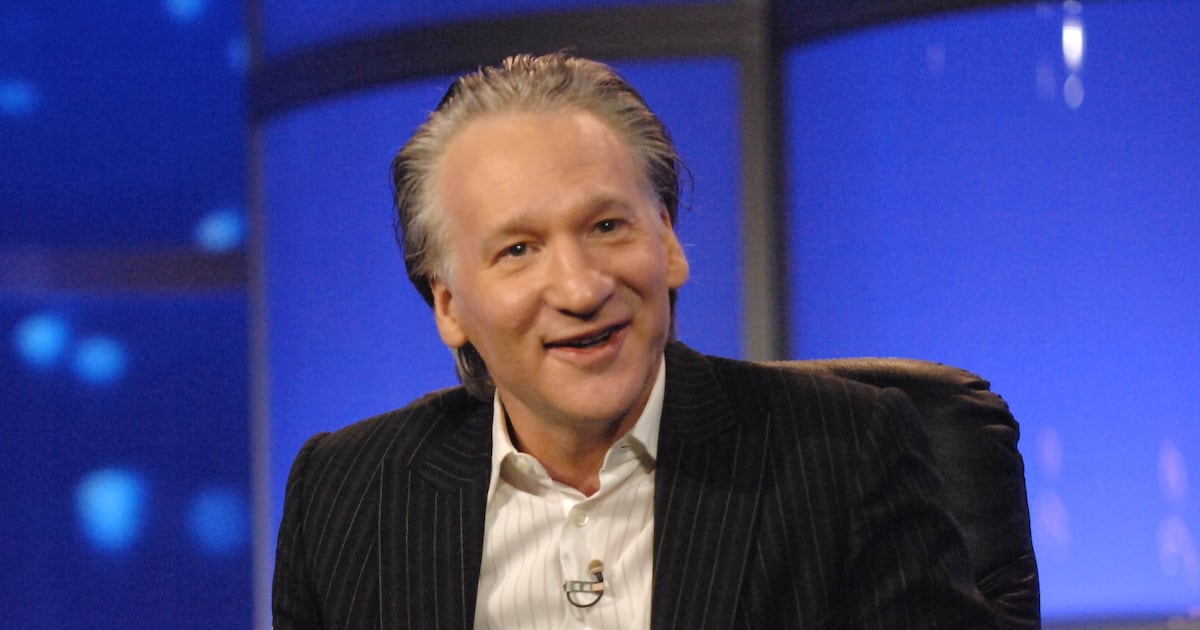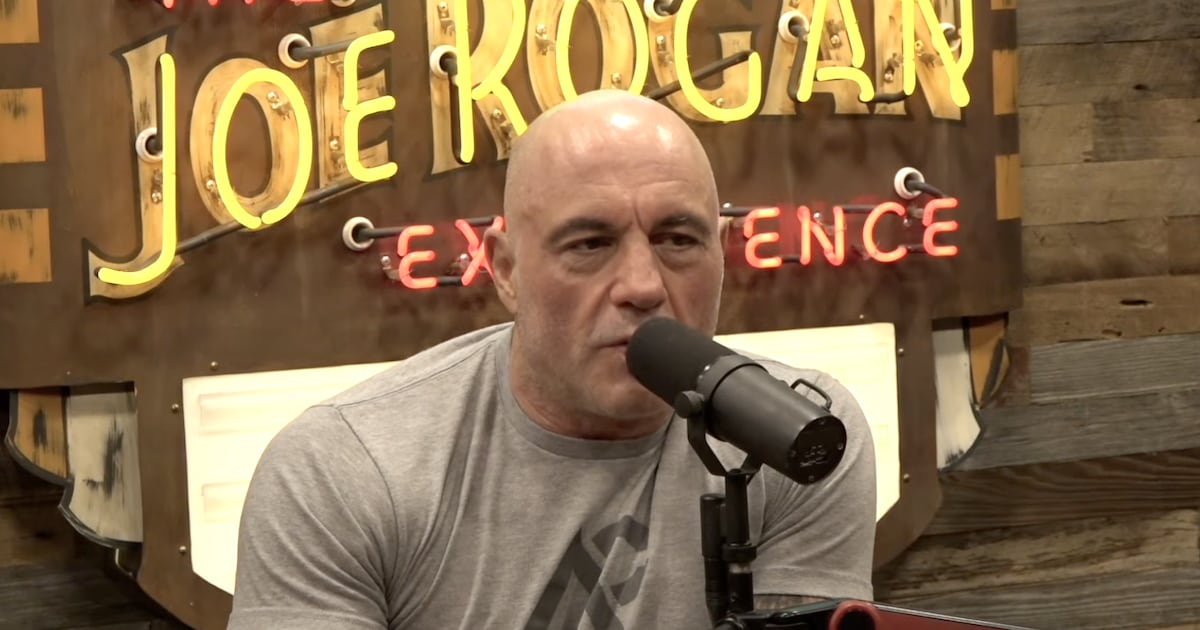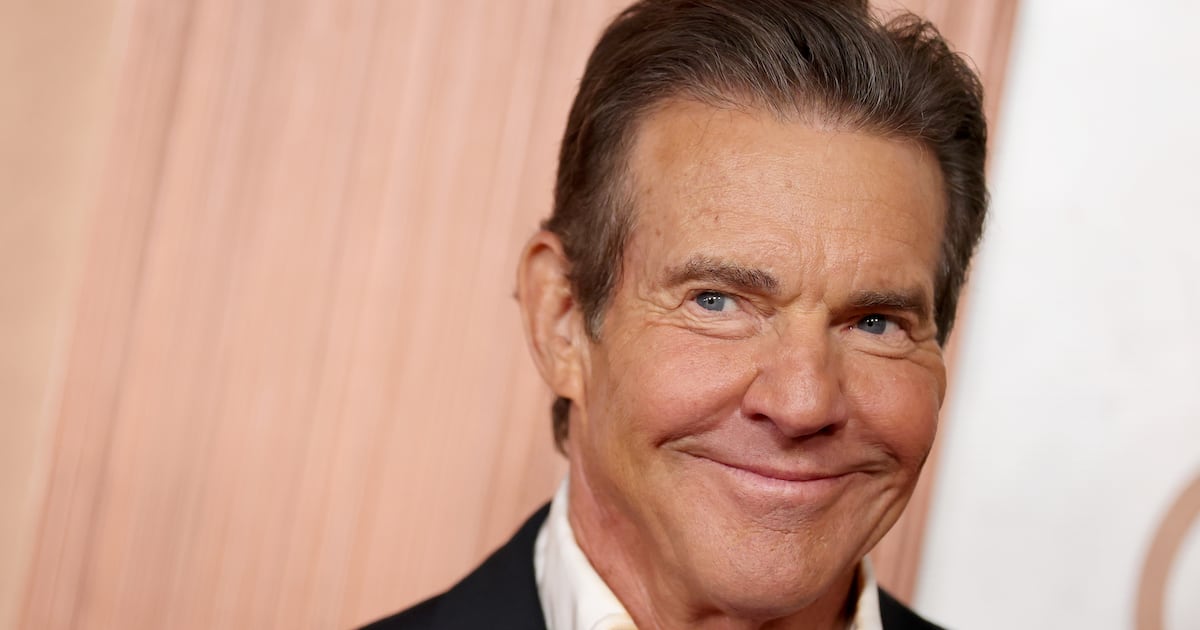In November 2019, Prince Andrew, Duke of York and his team had a problem that would not go away. After a photo of Prince Andrew alongside convicted sex offender Jeffrey Epstein was released about a decade earlier, allegations of sex abuse from Epstein survivors and rumors of lecherous behavior followed the Duke for years. When Epstein’s Manhattan mansion and private island home were raided in fall 2019, Prince Andrew’s association with Epstein and his girlfriend, Ghislaine Maxwell, could no longer be outrun. The Duke had exhausted his options, and if he were to ever fulfill any of his public-facing duties again, he had to first face that very audience.
Scoop, premiering April 5 on Netflix, bores into the timeline leading up to Prince Andrew’s November 16, 2019 interview on the BBC’s Newsnight program, in which journalist Emily Maitlis held the Duke’s loafers to the fire for the first time. Though the events of this fictionalized retelling are recent, those living outside of the U.K. may be entirely unfamiliar with the now-infamous interview. But whether you’re intimately knowledgeable of this moment in royal history or completely unaware of its importance and impact, Scoop is still a treat to watch unfold.
The film’s proceedings are made no less fascinating by their cultural pertinence, thanks to a taut script from screenwriters Geoff Bussetil and Peter Moffat that trims any unnecessary fat from the story. Sleek direction and a cast of skilled performers help on that front too, keeping the movie briskly paced without rushing through all of the detail necessary to disturb, enrage, and excite viewers. Fans of journalism movies with a few more stakes may find Scoop to be light on drama, but its execution is no less riveting. The film is lithe and understated, getting to the point without making an insistent spectacle of itself—exactly what journalism is all about.

Keeley Hawes, Rufus Sewell
NetflixScoop opens with a vignette peering at the process of paparazzo Jae Donnelly (Connor Swindells), who took the photo of Prince Andrew and Epstein strolling together in Central Park back in 2010. It’s a fast-paced and exciting cold open, one that lays a groundwork upon which the rest of the film can build. One photo can be enough to change the course of history, and, in the case of Donnelly’s picture, spin several new threads for journalists to chase. A jump forward in time nine years finds Newsnight producer and guest booker Sam McAlister (Billie Piper) absentmindedly doing just that when she responds to an email from Prince Andrew’s secretary, Amanda (Keely Hawes), about a new, youth-facing initiative that the Duke is launching.
The film cleverly illustrates how small gestures can turn into major breakthroughs in the world of journalism. Much like Jae’s photograph, Sam’s innocuous reply to Amanda—“Would love to talk”—is all that it took to eventually hook a colossal fish. Sam, frustrated with her colleagues not trusting her judgment and journalism prowess, chases down her lead, meeting Amanda for a chat to talk brass tacks. As a middle-class single mother—who walks with her head held high and a Chanel brooch glimmering from her jacket in the BBC News lobby—who could be threatened by job cuts at the network, Sam has no time for games.
Sam’s personal predicament could easily be illustrated in mawkish ways intended to tug at the viewer’s heartstrings, but Scoop is smarter than that. Bussetil and Moffat know that their characters don’t need to be doe-eyed and desperate to connect with an audience. Watching Sam’s intrepid nature is enough to sympathize with her, and Piper’s portrayal of her character never veers into schmaltz either. She’s restrained, while convincing enough to impart the spirit of a journalist who knows how to communicate with her subjects. It’s a joy to watch her—and the film’s script—avoid any exasperated newsroom blow-ups or familiar “gotcha” twists.
That reluctance to craft false stakes is what makes Scoop a truly unique journalism film. After 2022’s She Said, which sometimes veered into cloying territory, it’s refreshing to see a movie that takes on a subject in the same realm and portrays it neatly. The absence of uncertainty over what might happen with the Prince Andrew interview (it does not go as the Duke hopes, but that’s far from a spoiler) works in Scoop’s favor. We’ve seen enough journalism films where the embattled subject could wriggle their way out of a tight spot at any moment thanks to power, money, and institutions. But this film is an exceptional look at what happens when there is nowhere left to run. We, as viewers, get to see Prince Andrew’s downfall unfold behind the scenes. And though we know what will happen, it can be just as enjoyable to watch a film knowing someone will get their comeuppance as it is to worry whether justice will be served.

Keeley Hawes, Rufus Sewell, Charity Wakefield
NetflixIf Scoop’s cast wasn’t so talented, that may be a different story; it takes a gifted collection of actors to make a story feel gripping even when you know the outcome. Alongside Piper and Hawes—who brilliantly conveys the downtrodden but irresponsible Amanda—Gillian Anderson and Rufus Sewell are equally terrifying as Emily Maitlis and Prince Andrew, respectively. Though she’s playing the woman who ultimately provided the Duke with the shovel with which he dug his own grave, Anderson’s part is relatively small. Still, she makes a lasting impression and proves a formidable presence against Sewell’s Duke.
It is, however, Prince Andrew who steals the show here, much like the real man did in his trainwreck of a Newsnight interview. Sewell transmits all of the Duke’s notable charm, which he used to minimize the gravity of the accusations against him over the years, as well as all of his creepy neuroses. Smarm is the name of the game when it comes to portraying someone like Prince Andrew, and Sewell’s take conjures it in droves. Watching him stroke the plush fur of the collection of plush animals that adorn the Duke’s bed and scoff at Maitlis slowly stoking the flames of his own self-immolation is a bewitching sight. And for anyone unfamiliar with Prince Andrew’s interview, Sewell keenly conveys all of the foolish self-assurance that the Duke exhibited during the hour-long chat. It’s an absorbing performance, and without Sewell’s talents, it would be far more difficult for Scoop to communicate the necessity of good journalism.
That’s the thing, too: Journalism doesn’t always have to be groundbreaking and full of huge, gasp-worthy moments to be important. Sometimes, it’s about moving a story forward and bringing it to a new place so the public, whom journalists service, can respond accordingly. Scoop nimbly reveals this state of symbiosis in a stylish, well-acted package that’s tough to take your eyes off of. It might not be the most ultra-powerful and exhilarating journalism film, but that’s exactly why it’s so refreshing. Watching the system do its job can be just as rousing as what happens next, and that’s something that future accounts could stand to consider when crafting real-life events into semi-fictionalized tales.






